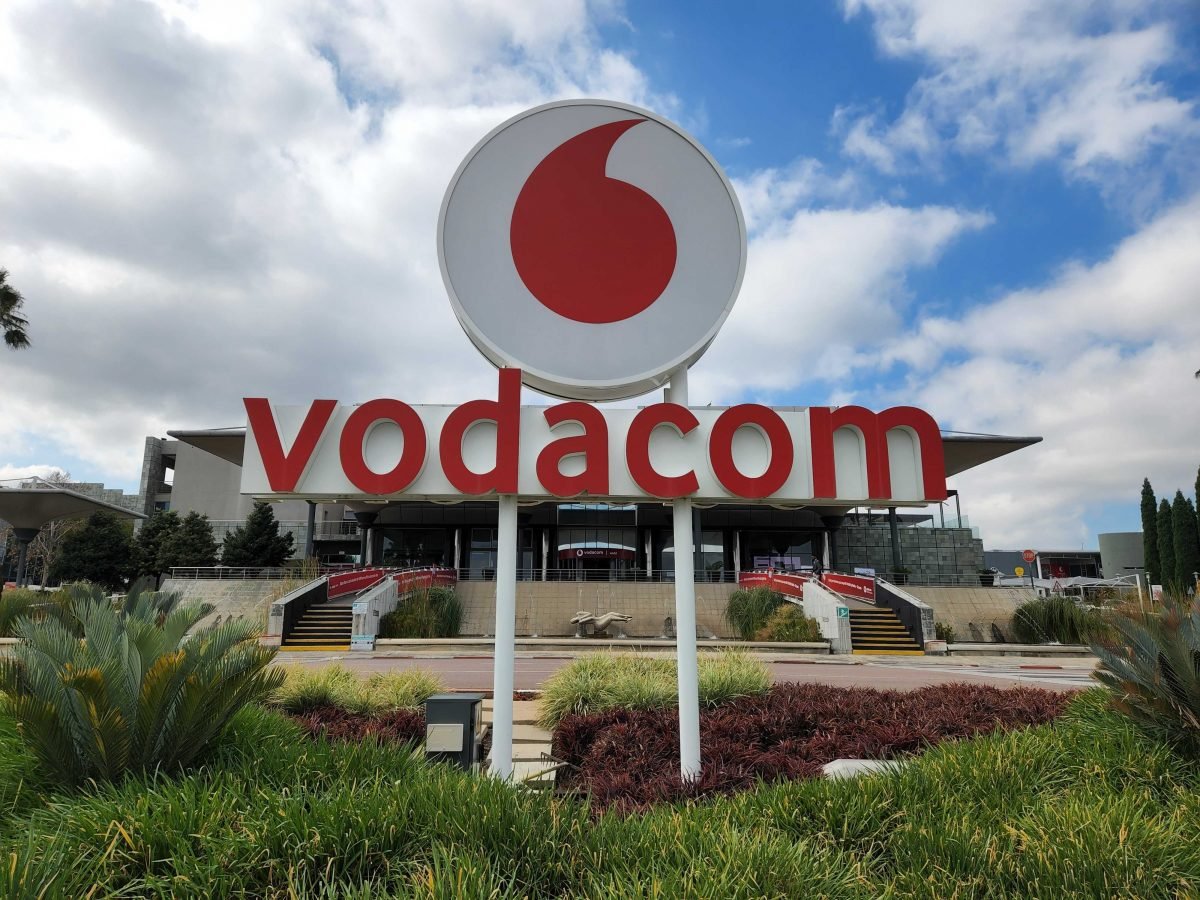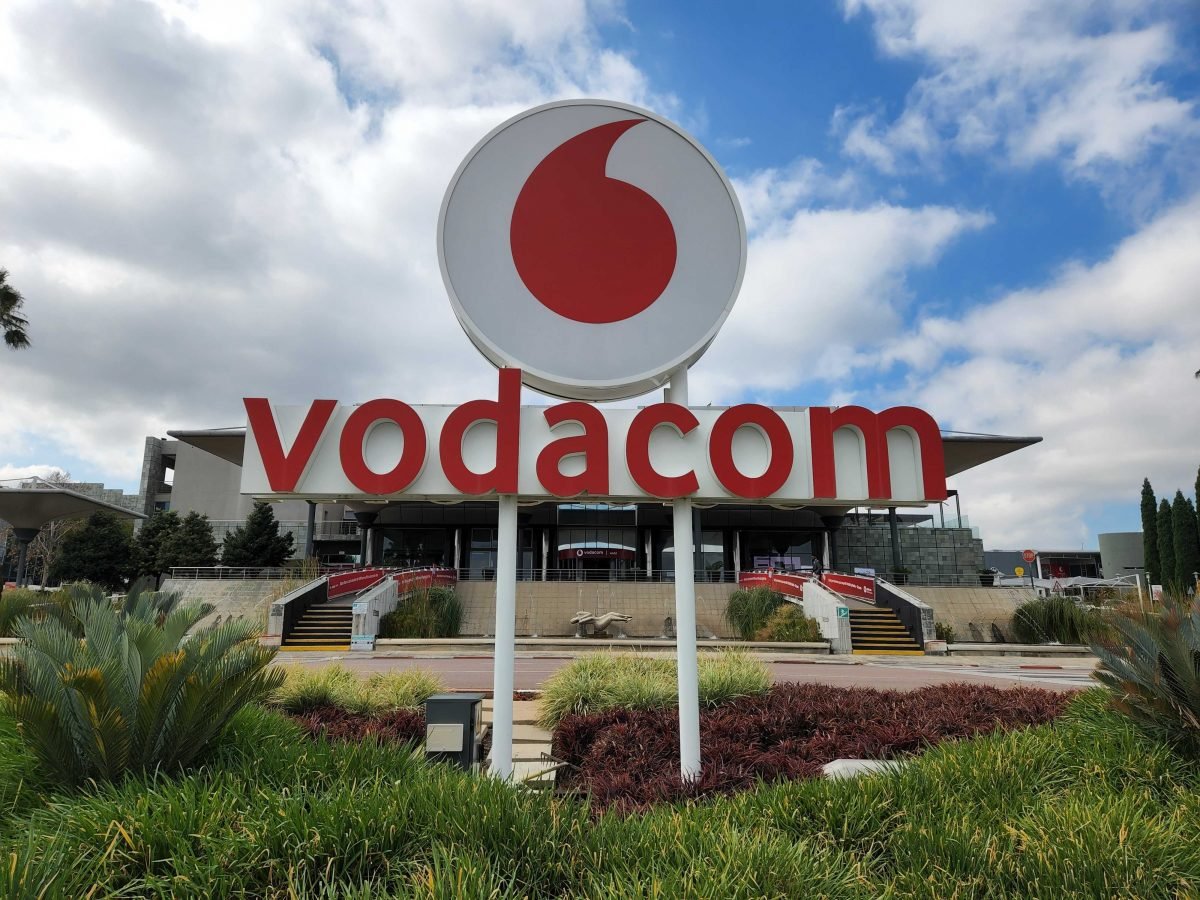How much power should one company have?
The answer is simple: not too much—or at least enough to ensure it plays fair, allowing participation (and innovation as a by-product) in the industry. But when the power becomes unchecked, that company is said to display “anti-competitive” behaviour. Companies do this by showing monopolistic tendencies, cartel behaviour, or worse, undercutting competitors through unfair or predatory pricing strategies. Anti-competitive behaviour locks out smaller players, limits consumer choice, and slows industry growth—which is why competition watchdogs keep a keen eye for these trends across industries.
Five months after blocking the Vodacom-Maziv merger deal, South Africa’s Competition Commission is standing firm on its decision to prevent the country’s second-largest telecom operator’s attempt to acquire a co-controlling stake in Maziv, the parent company of Vumatel and Dark Fibre Africa. In a 350-page document released on Friday, the anti-competition watchdog argued that allowing Vodacom to take control would cement its dominance in mobile and give it undue influence over the fibre market—an industry where it previously had limited control.
Owning a co-controlling stake in Maziv would let it dictate business decisions affecting independent internet service providers (ISPs)—some of which rely on Vumatel and Dark Fibre Africa. Here’s what makes it worse: Vumatel partly owns Herotel, a South African ISP. Think of this Vodacom-Maziv deal as MTN acquiring ipNX—only Maziv is bigger, and there’s a whole web of ownership entanglements that benefits Vodacom.
Another complication for the telecom operator is that it does not have any precedent to make an argument. Telecom operators with fibre businesses have created their vertical businesses from scratch. In 2015, Telkom spunned off Openserve as its subsidiary fibre provider, instead of buying an existing player. MTN also launched Supersonic, its fibre-to-the-home (FTTH) business in 2018.
A potential compromise for Vodacom could be to consider building a fibre business from scratch or reduce its stake in Maziv to a non-controlling position. That way, it could invest in fibre without wielding unchecked power over the market.
That said, a Vodacom-Maziv merger is expected to open doors to more deals in South Africa’s telecoms market. But for now, the Competition Commission is holding its ground. The case will go before the appeal court in July.



















Leave a Reply